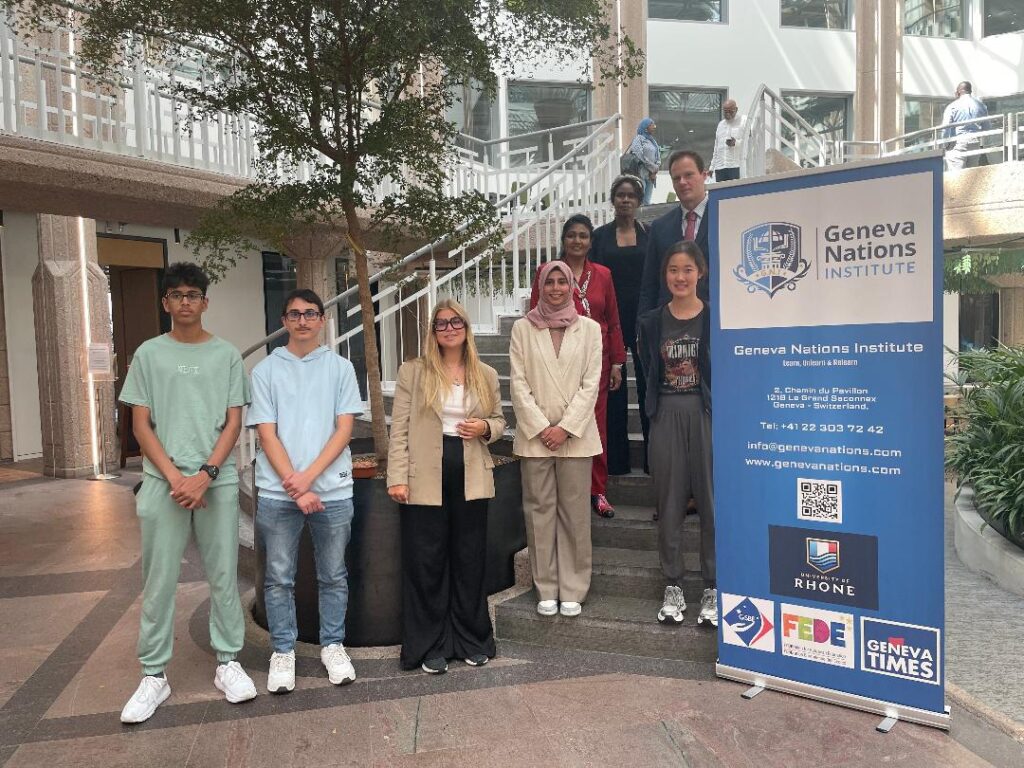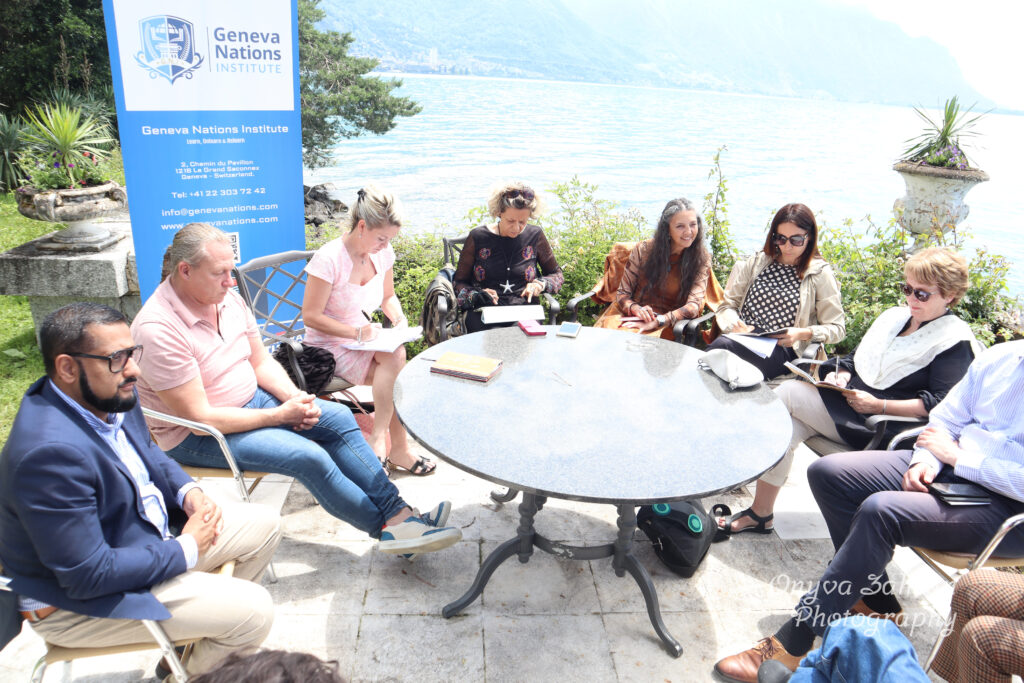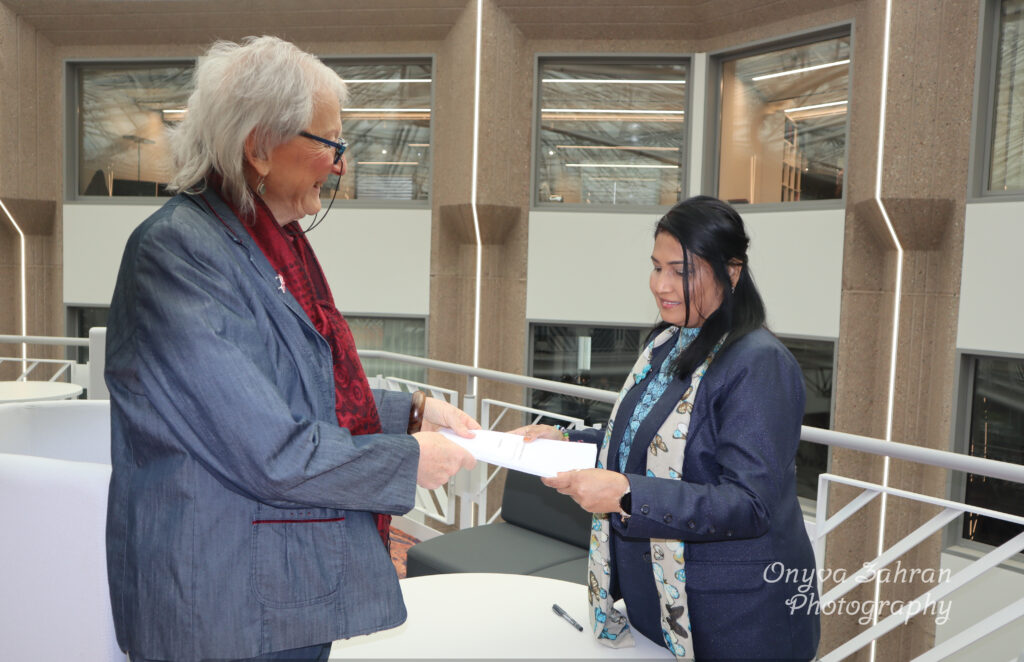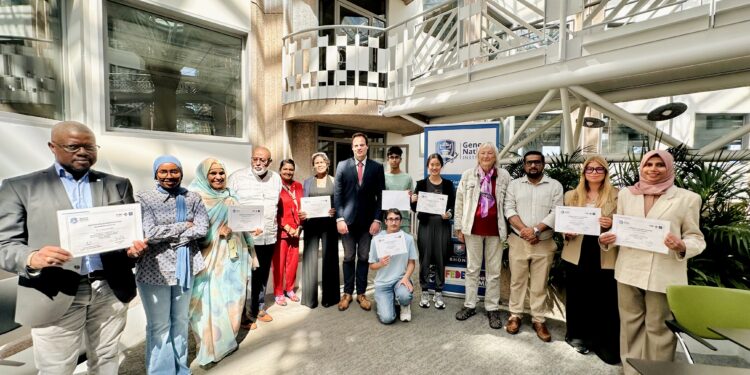By the Geneva Times Editorial Board
In Geneva—a city long recognized as a center for diplomacy, governance, and international cooperation—a new academic institution has begun to take root: the Geneva Nations Institute (GNI). Founded on principles of inclusivity, interdisciplinary learning, and applied knowledge, GNI is developing a distinctive educational model aimed at equipping students with tools for engagement in a rapidly changing world.
Academic Foundations and Institutional Goals
The Geneva Nations Institute was conceived with the objective of offering practical, context-sensitive higher education. The institute places emphasis on applied sciences, with a curriculum designed to reflect both academic rigor and real-world relevance. According to its mission, GNI aims to foster ethical leadership, critical inquiry, and civic engagement across disciplines and cultures.
The educational model draws upon Geneva’s unique position as host to more than 30 intergovernmental organizations, as well as numerous non-governmental and international institutions. This location provides students with opportunities to observe and, in some cases, participate in the processes of international cooperation and diplomacy.

Emphasis on Applied Sciences
Central to GNI’s academic structure is the belief that applied sciences can offer a practical response to contemporary educational challenges. Its programs encourage the integration of theory with field-based learning, and aim to prepare students not only for professional roles but for broader societal contribution.
The institute’s curriculum has been developed collaboratively by educators and practitioners, with input from individuals such as Christa Muth, Shahida Mohamed, and Chris Altmikus. Workshops held in various locations—including Octagon, Sainte Croix, and Salagnon Island—played a role in shaping the program’s focus on interdisciplinarity and problem-solving.
Educational Method and Curriculum Design
The academic approach at GNI includes hands-on learning experiences, case studies, internships, and interaction with professionals across sectors. The goal is to enhance both conceptual understanding and practical skill sets. While the institute is in its early stages, its founders envision a model that evolves through continuous reflection and student feedback.
An important aspect of GNI’s structure is the inclusion of lifelong learning for both students and faculty. Courses are designed to adapt to emerging global issues, including technological advancement, social inequality, and environmental sustainability. There is also an expressed focus on critical thinking, inclusivity, and open dialogue.

Institutional Values and Social Engagement
Beyond vocational preparation, GNI promotes engagement with ethical questions, historical awareness, and social responsibility. Its founding vision includes the aim of contributing to what it calls the “democratic imagination”—a concept reflecting the capacity of education to influence societal structures in thoughtful, inclusive ways.
Students are encouraged to reflect on the role of education not just in employment but in active citizenship. This includes sensitivity to socio-cultural and political issues, and an emphasis on empathy, equity, and community participation.

Challenges and Development
Like many new institutions, GNI has encountered challenges in establishing its foundation—securing financial resources, identifying appropriate facilities, and recruiting a diverse and qualified faculty. Nevertheless, a committed group of educators and contributors have continued to guide the project forward.
Workshops and public discussions have been organized to increase awareness of applied education and its relevance. Contributors including Pavel Iliev and others have supported these efforts to engage potential stakeholders and collaborators.

Looking Forward
As the Geneva Nations Institute continues its development, it joins a broader conversation about the future of higher education. How can academic institutions respond to the needs of both local communities and global systems? What role should education play in preparing individuals for complexity, uncertainty, and social change?
While its long-term impact remains to be seen, GNI presents a model that prioritizes practical knowledge, interdisciplinary thinking, and civic responsibility. Its presence in Geneva adds a new layer to the city’s intellectual and educational landscape—an experiment in applied learning shaped by context, reflection, and public purpose.
Contact:
For more information about the Geneva Nations Institute and its programs, visit www.genevanations.ch or email info@genevanations.ch



